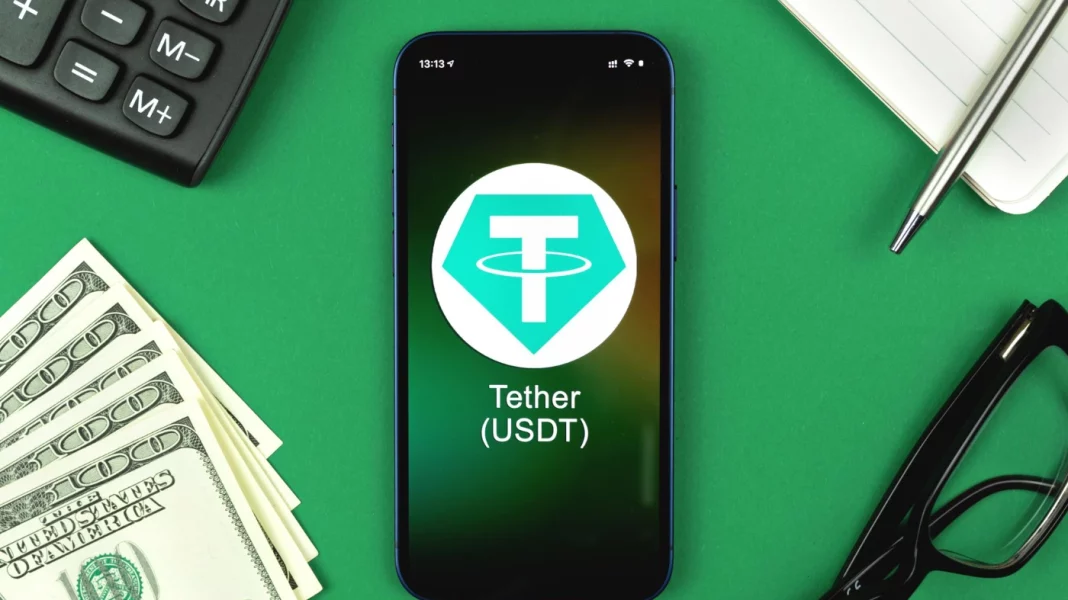Tether just dropped a nuke onto the Russian crypto market. The stablecoin giant froze $27 million in USDT tied to Garantex, a Russian crypto exchange that’s been under sanctions.
And let me tell you, this isn’t just a little slap on the wrist.
Permissioned, censorable blockchain
It’s a full-on freeze that’s forced Garantex to halt trading and withdrawals. Their website says they’re under maintenance. Translation?
They’re scrambling, but it looks like Garantex didn’t take this lying down. On Telegram, they accused Tether of entering the war against the Russian crypto market. Bold words, right? But they’re likely right.
They’re warning users that all USDT in Russian wallets could be at risk. But don’t worry, they’re vowing to fight back, and won’t give up. Sounds dramatic? It is.
This all comes after the European Union slapped sanctions on Garantex as part of its 16th package targeting Russia’s aggression against Ukraine.
The U.S. was ahead of the curve, sanctioning Garantex back in April 2022 through the Treasury’s Office of Foreign Assets Control. So yeah, this exchange has been on thin ice for a while.
A growing problem
Here’s where it gets interesting, as Garantex isn’t some small-time operation. Since its launch in 2019, its daily trading volume has exploded by over 1,000%.
We’re talking $121.6 million in daily trades as of March 2025, still peanuts compared to Binance’s $23 billion, but not exactly pocket change either.
This freeze might not shake the global crypto market to its core, but it’s a big deal for Russia.
Also, it’s a wake-up call, as today it’s Russia, but tomorrow maybe someone who criticized the wrong politician. Local lawmakers are already chiming in.
Anton Gorelkin, a member of Russia’s parliament, called it another example of Western pressure on crypto.
But he also admitted something important, you can’t completely block crypto in Russia. It’s like trying to stop a river with your bare hands, it just finds another way.
But the truth is almost every crypto can be blocked, as permissioned network. Permissionless networks like Bitcoin can only resist agains censorship.
What’s next?
Tether’s move highlights just how centralized stablecoins really are. Unlike Bitcoin, they can be frozen at the drop of a hat if regulators, politicians, or companies, decide to step in.
For now, Garantex is down but not out. Whether they bounce back or fold under pressure remains to be seen.
Have you read it yet? Crypto’s not dead yet, developers keep building
Disclosure:This article does not contain investment advice or recommendations. Every investment and trading move involves risk, and readers should conduct their own research when making a decision.
Kriptoworld.com accepts no liability for any errors in the articles or for any financial loss resulting from incorrect information.


